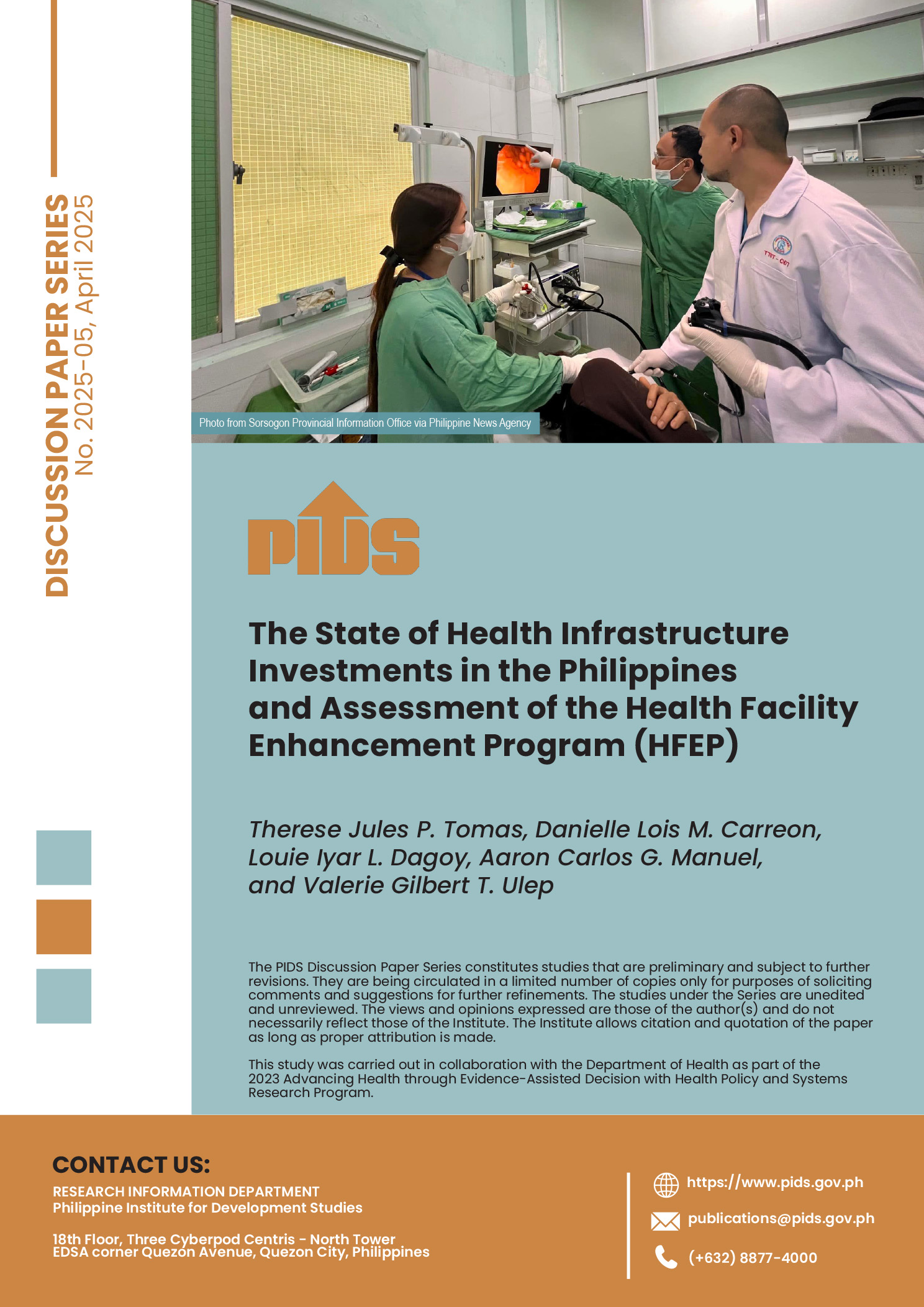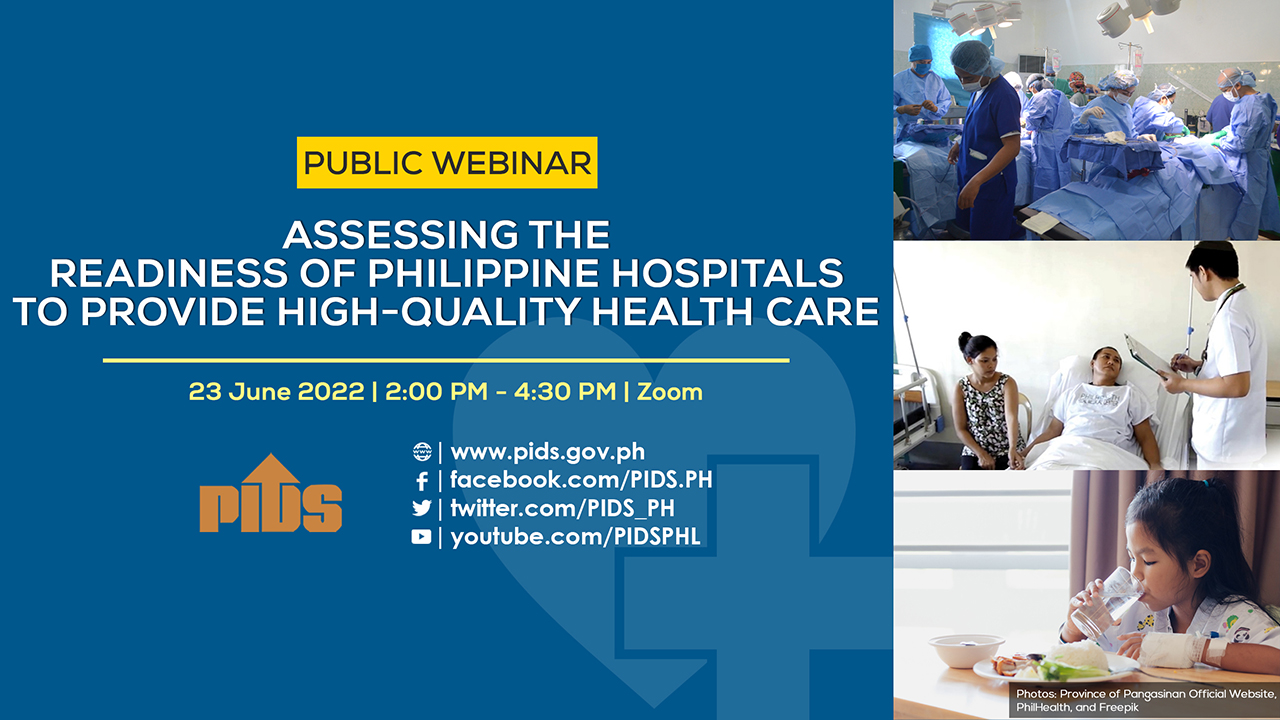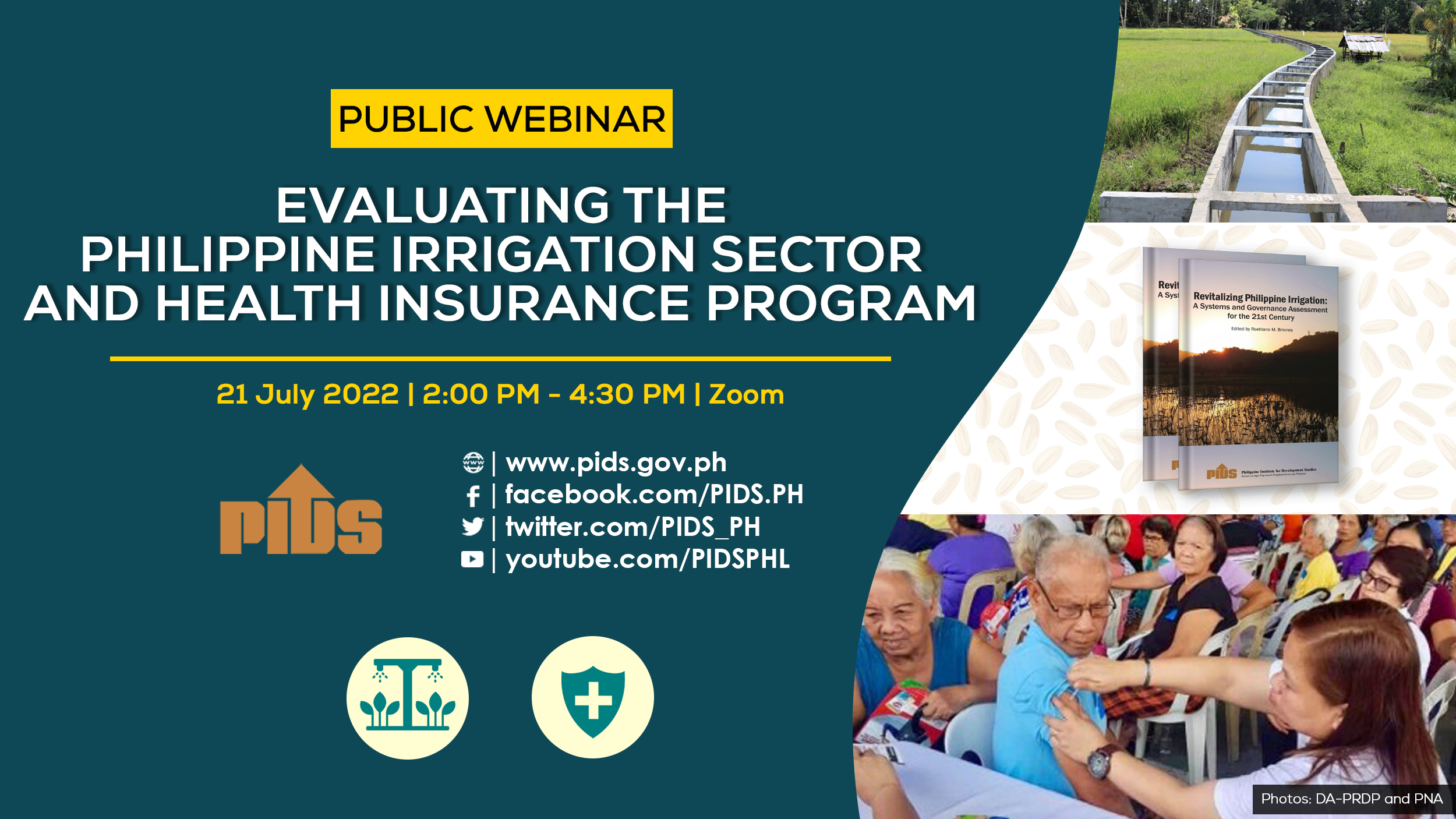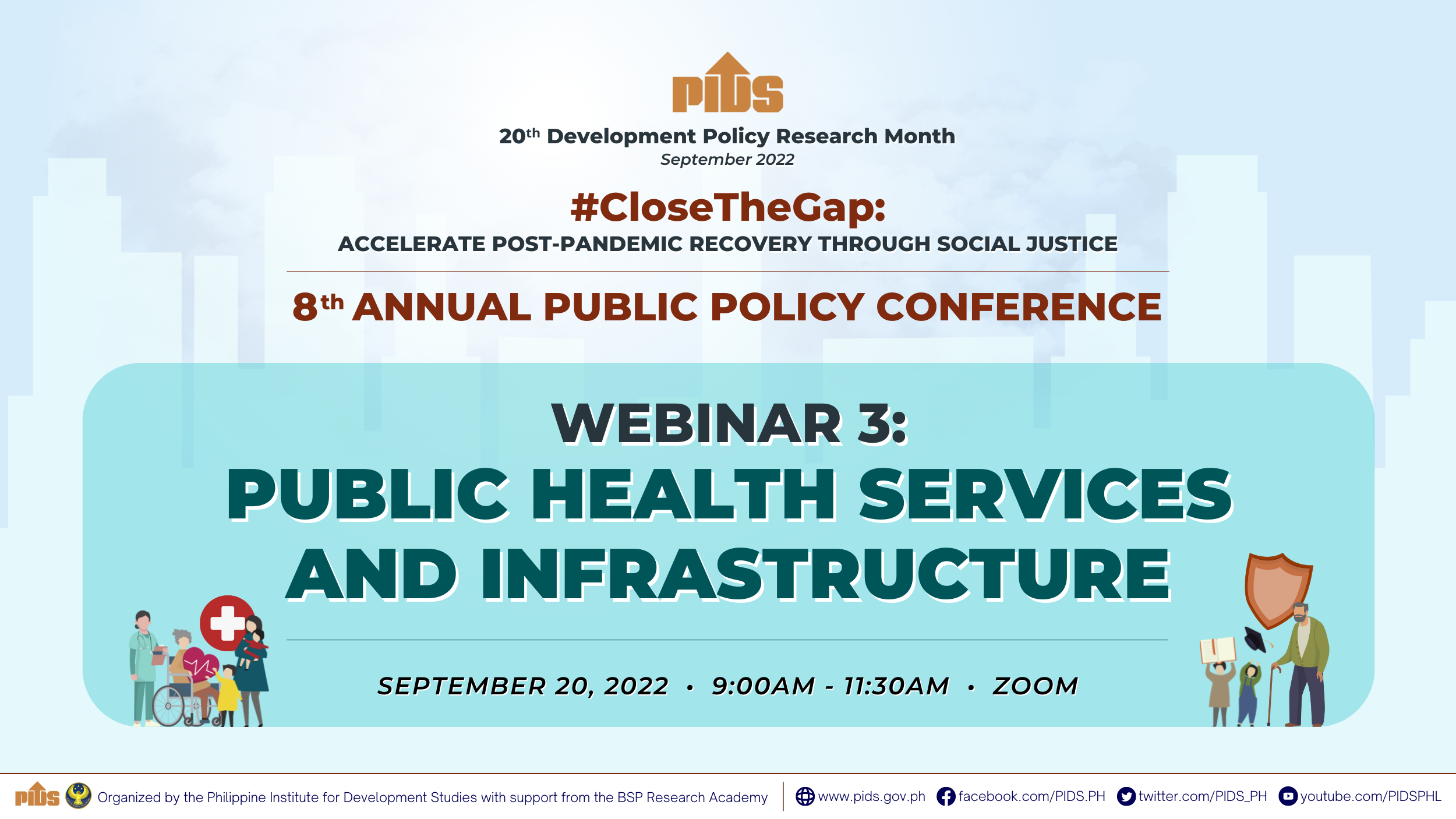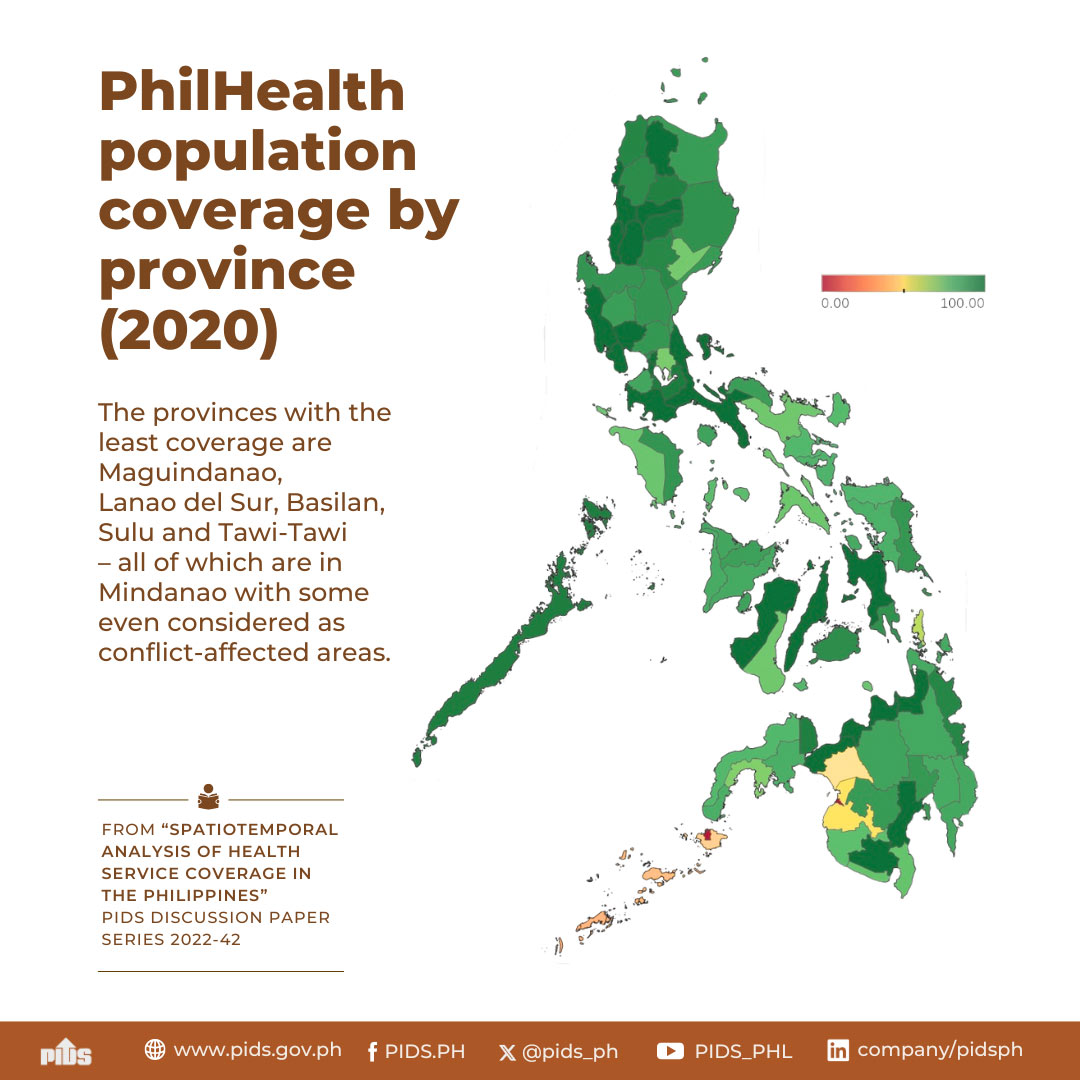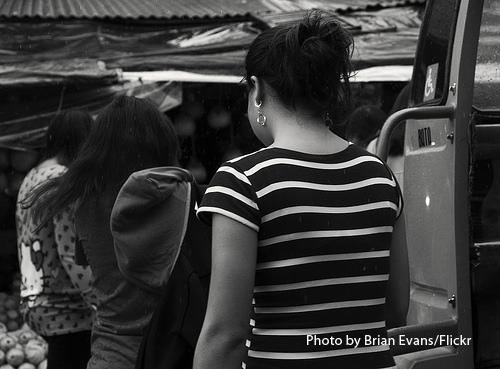
Women living in poverty in the Philippines are more vulnerable to sexually transmitted diseases (STDs) such as HIV/AIDS than those from rich households. This is according to a recent study released by state think tank Philippine Institute for Development Studies (PIDS).
Using data from the 2008 Philippine National Demographic and Health Survey administered by the then National Statistics Office, PIDS Research Fellow Michael Abrigo found that about 41 percent of poor females aged 15 to 24 years are at risk of getting infected with STDs, compared to only 22 percent of females from well-off families.
Abrigo said this can be attributed to the low level of awareness about STDs among poor female young adults in the country. Recent records of the Department of Health show that there are 9,217 listed cases of HIV/AIDS from January to October last year while the total reported cases from January 2010 to May 2017 is at 40,388.
Contrary to claims that mandatory comprehensive sex education in school is likely to lead to earlier sexual initiation and higher rate of sexual activity among young adults, Abrigo’s study showed that implementing sex education programs in schools results to better sexual behaviors. Specifically, it delays sexual initiation, limits sexual activity, and increases the use of condoms among some groups in the population.
Also, the study found that increasing knowledge on HIV/AIDS may rake in substantial savings for the government in the long run.
“Focusing on the poor population by increasing HIV/AIDS knowledge could lead to a decrease in at-risk population by 1.1 percentage points or about 2 to 3 percent. This can translate to an annual total cost savings of about USD 0.5 million (PHP 25.35 million) to USD 5.8 million (PHP 294.13 million),” Abrigo explained in his paper.
To prevent and minimize the spread of the disease, the author urged government to make sexuality and reproductive health information more accessible in the Philippines especially to the young adult population through social and mainstream media. He also proposed administration’s support to family planning programs under the country’s Reproductive Health Law.
Earlier last year, the Supreme Court lifted the two-year-old temporary restraining order that covered several contraceptive products, following the findings of Food and Drug Administration (FDA) declaring these drugs as non-abortifacient.
“The reclassifying of these contraceptives as non-abortive products by the FDA and lifting of the TRO by the Supreme Court are welcome developments in the full implementation of the RH law,” said Abrigo. ###
This press release is based on the PIDS discussion paper titled “HIV/AIDS Knowledge and Sexual Behavior of Female Young Adults in the Philippines”.
Using data from the 2008 Philippine National Demographic and Health Survey administered by the then National Statistics Office, PIDS Research Fellow Michael Abrigo found that about 41 percent of poor females aged 15 to 24 years are at risk of getting infected with STDs, compared to only 22 percent of females from well-off families.
Abrigo said this can be attributed to the low level of awareness about STDs among poor female young adults in the country. Recent records of the Department of Health show that there are 9,217 listed cases of HIV/AIDS from January to October last year while the total reported cases from January 2010 to May 2017 is at 40,388.
Contrary to claims that mandatory comprehensive sex education in school is likely to lead to earlier sexual initiation and higher rate of sexual activity among young adults, Abrigo’s study showed that implementing sex education programs in schools results to better sexual behaviors. Specifically, it delays sexual initiation, limits sexual activity, and increases the use of condoms among some groups in the population.
Also, the study found that increasing knowledge on HIV/AIDS may rake in substantial savings for the government in the long run.
“Focusing on the poor population by increasing HIV/AIDS knowledge could lead to a decrease in at-risk population by 1.1 percentage points or about 2 to 3 percent. This can translate to an annual total cost savings of about USD 0.5 million (PHP 25.35 million) to USD 5.8 million (PHP 294.13 million),” Abrigo explained in his paper.
To prevent and minimize the spread of the disease, the author urged government to make sexuality and reproductive health information more accessible in the Philippines especially to the young adult population through social and mainstream media. He also proposed administration’s support to family planning programs under the country’s Reproductive Health Law.
Earlier last year, the Supreme Court lifted the two-year-old temporary restraining order that covered several contraceptive products, following the findings of Food and Drug Administration (FDA) declaring these drugs as non-abortifacient.
“The reclassifying of these contraceptives as non-abortive products by the FDA and lifting of the TRO by the Supreme Court are welcome developments in the full implementation of the RH law,” said Abrigo. ###
This press release is based on the PIDS discussion paper titled “HIV/AIDS Knowledge and Sexual Behavior of Female Young Adults in the Philippines”.

